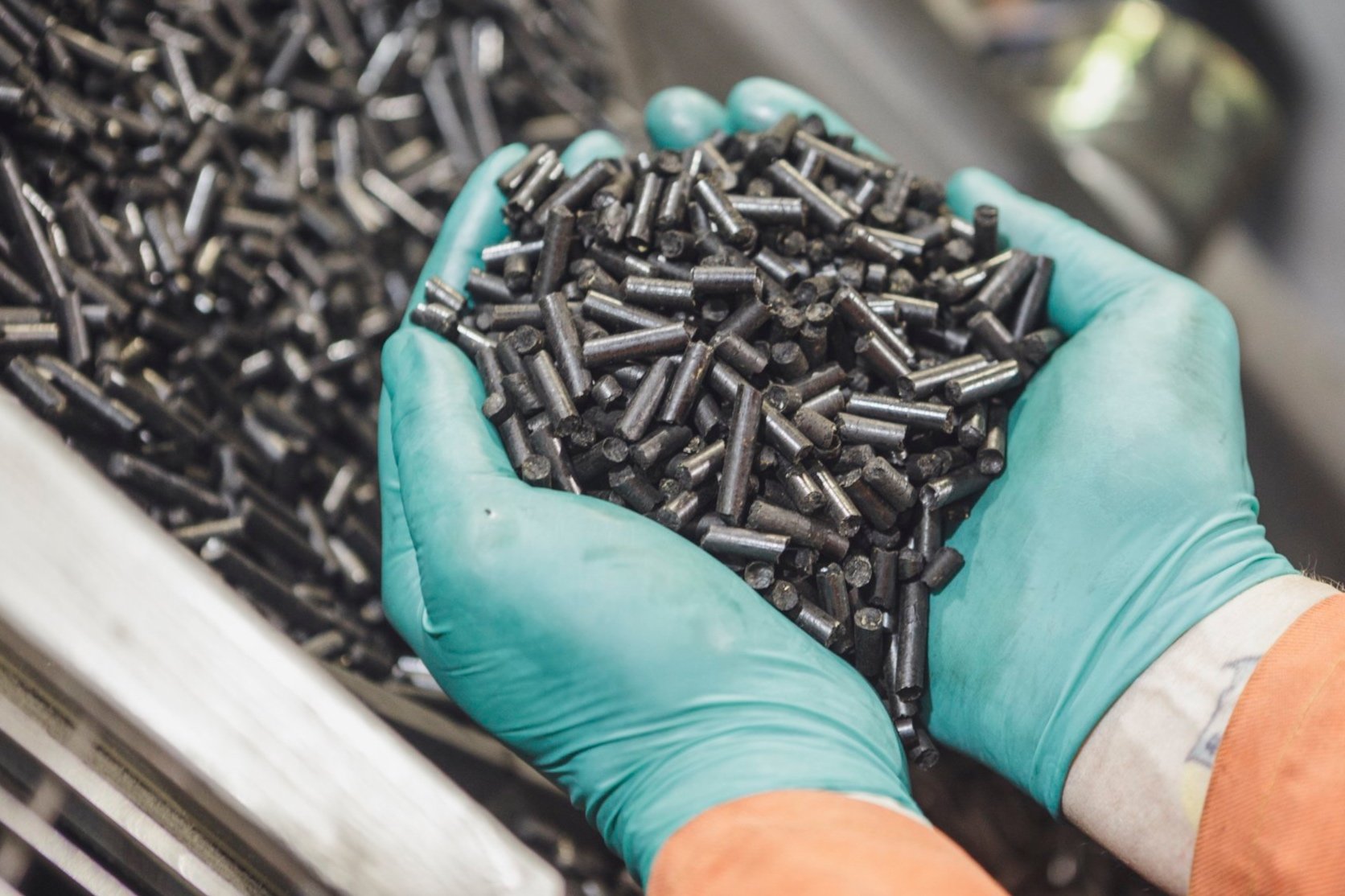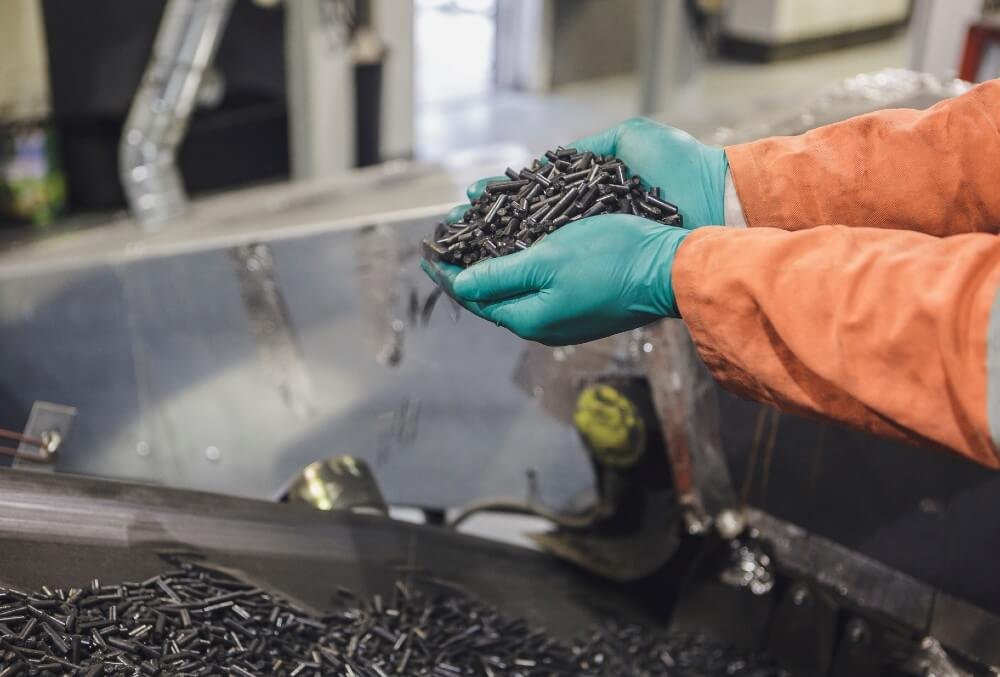
BIOCOAL
Biocoal (also called synthetic coal) is a new carbon-neutral biofuel made from organic waste. It is created through torrefaction (thermochemical treatment) or pyrolysis (decomposition by high temperatures) of biomass. Biocoal can replace fossil coal and wood pellets currently used as fuel in industrial processes including coal-fired plants and industrial heating of buildings. It is considered a safer and cleaner alternative to fossil fuel as it reduces carbon emissions and increases the use of biomass in a cleaner form than simply burning it. Some of its applications include:
More Energy - Carbon-neutral: 3 times more efficient than bagasse at 9,000 btu vs. 3,000.
Green Energy Alternative - Replace bagasse with biocoal as fuel to reduce C02, GHG (Green House Gases), SOx, Nitrogen, and wastewater runoff contamination. Also reduces volatile organic compounds, salts, and ash particulates.
Carbon-Credit Potential - President Biden’s new energy plan includes carbon credits for green energy facilities.
Increased Reliability - Biocoal is more reliable and predictable as an energy source compared to solar or wind.
Biocoal Potential
-
Sustainable
Minimize/Prevent Forest Fires
Reduce Harmful Emissions
Uses “Renewable” Biomass
Carbon Neutral
Minimize Ash Disposal Issues
-
Cost & Supply
Reliable & Predictable
Promotes Agriculture
Lower Capital using existing plants
Generate Revenue utilizing bagasse
“Drop-in” replacement for coal
-
Industry
Coal-fired plants
Steam Turbines
Industrial Heating
City District Heating
Energy Production

